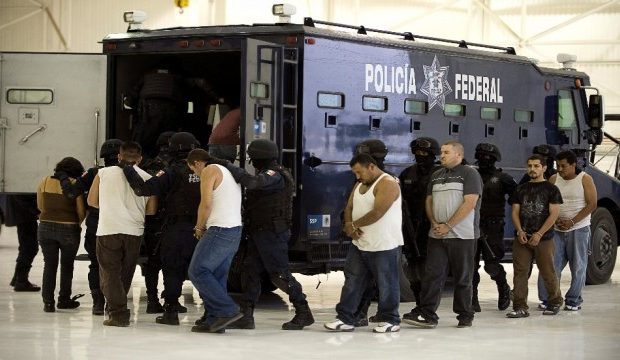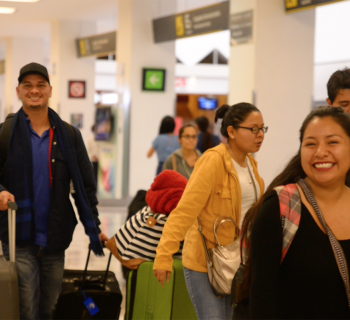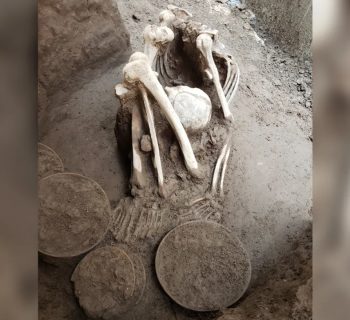By: Teresa Puente, The Hill ~ June 14, 2017
Journalists, liked or not, are tasked with seeking and defending the truth to hold government officials accountable. In neighboring Mexico, this responsibility has come at a brutally high cost.
In Mexico, journalists have being targeted and killed for reporting on the drug war and government corruption. Last month, Javier Valdez, who covered drug trafficking in the northern state of Sinaloa, was gunned down and killed.
He is the sixth journalist to be killed in Mexico in 2017, making it third most dangerous country for journalists after Syria and Afghanistan. The free speech organization Article 19 reports that more than 100 journalists have been killed in Mexico since 2000.
Journalists from the U.S. and Mexico are calling for June 15, the one month anniversary of his killing, to be a day of remembrance for Valdez and calling for press freedom in Mexico.
The Mexican government must find the culprits of these murders. Although that is not likely — 98 percent of murders in Mexico went unsolved last year.
What we need is a shift in U.S. policy that would grant asylum to journalists, activists and others in Mexico whose lives have been threatened by the drug cartels or by government authorities in collusion with them.
We cannot treat all Mexicans as economic immigrants. Many are fleeing the violence that is threatening parts of the country. But the U.S. rarely accepts asylum claims from Mexico.
A few hundred Mexican citizens a year are approved for asylum. In fiscal 2016, 12,831 Mexican nationals sought asylum and only 464 applications were approved.
One journalist from Acapulco who had his life threatened multiple times, Martín Méndez Pineda, sought asylum. He was in U.S. custody for more than 100 days and he said they didn’t take his claims seriously. He fled to the U.S. after he witnessed abuse by Mexican federal police officers and he alleged they threatened him.
“After all the agony I experienced, I hope that when other journalists feel threatened as a result of their work and decide to seek asylum, they will not have to fear being detained for several months and being separated from their families only to see their case denied, and that all journalists in danger will receive refuge. My life is in danger again now that I’m back in Mexico. But my hope for other journalists seeking refuge in the United States will continue to grow,” he wrote in an oped for The Washington Post.
In the most recent killing, Valdez, 50, was shot dead in the state capital, Culiacan, near the offices of the publication he had co-founded, Riodoce. Valdez also was a correspondent for the national newspaper La Jornada. He won the Maria Moors Cabot prize from Columbia University in 2011.
The Committee to Protect Journalists reported that Valdez told them he was concerned for his safety just weeks before his murder. In 2011, Valdez was awarded CPJ's International Press Freedom Award.
"His loss is a blow to Mexican journalism and to the Mexican public, who see a shadow of silence spreading across the country," CPJ Executive Director Joel Simon said in a statement.
Before Valdez’s death, La Jornada crime reporter Miroslava Breach was killed. She was shot eight times in front of one of her children. The gunmen left a note: "For being a loudmouth."
After her killing, Valdez took to Twitter. "Let them kill us all, if that's the death sentence for reporting this hell. No to silence.”
The U.S. government should not remain silent to the murder of journalists in Mexico.
Teresa Puente teaches journalism at Cal State Long Beach and is a senior facilitator with The OpEd Project.
Source: The Hill







